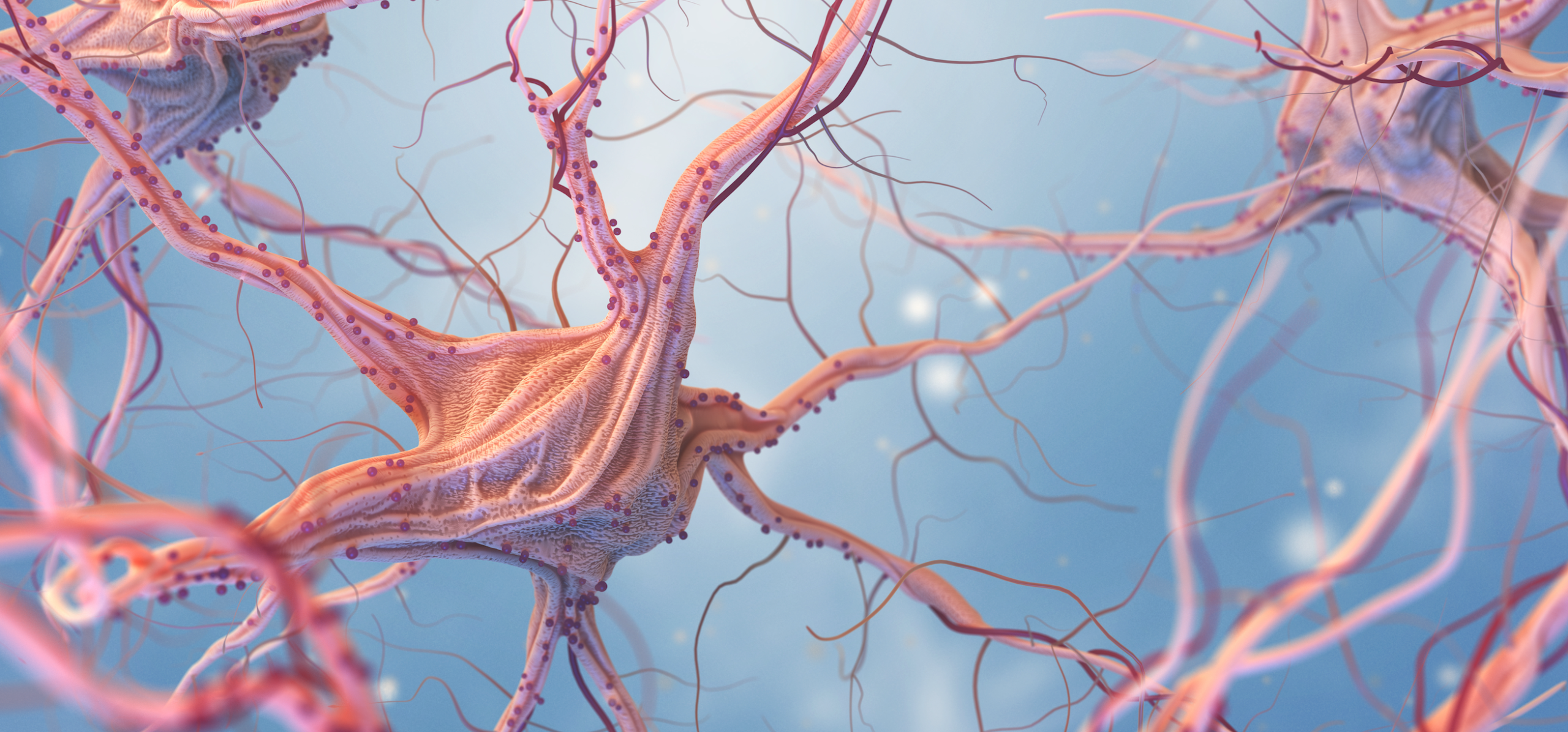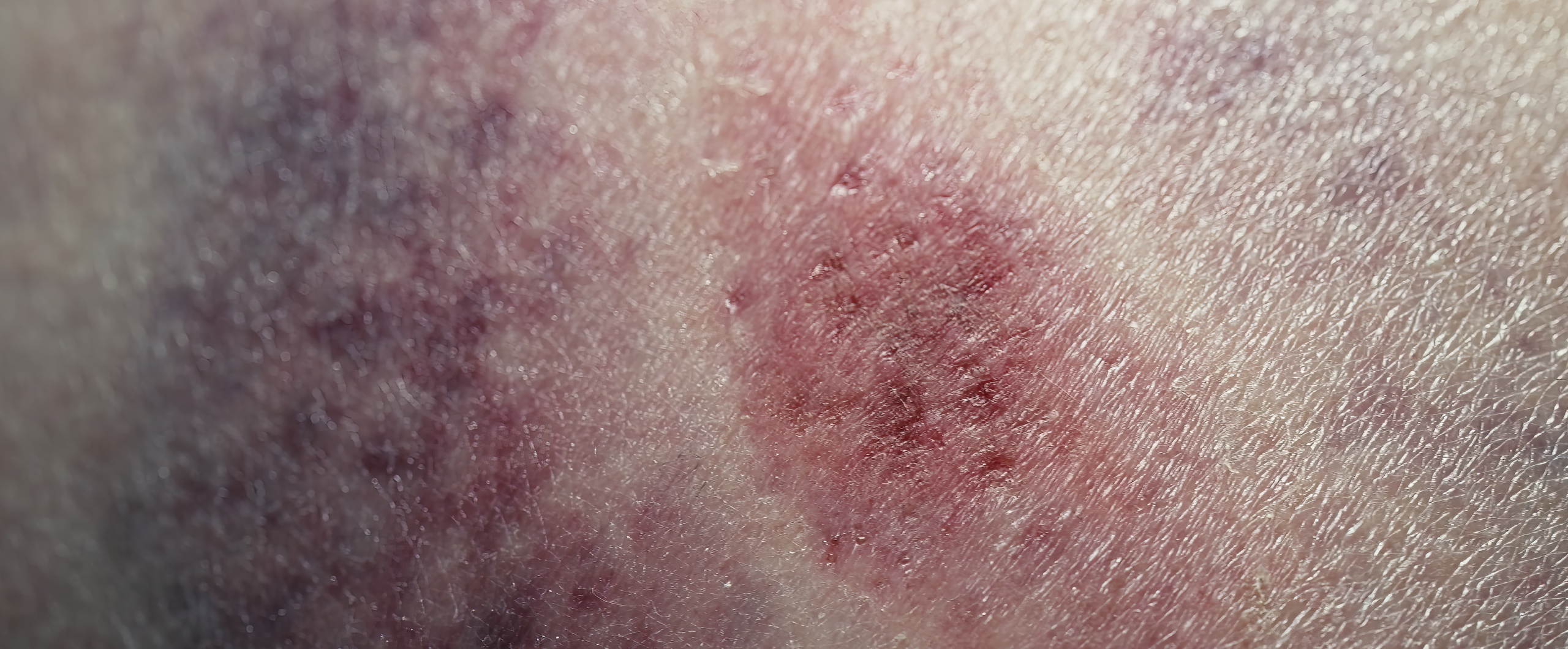Unveiling Myasthenia Gravis: A Comprehensive Guide by Gundry Health
Myasthenia gravis (MG) is a chronic autoimmune neuromuscular disease that causes muscle weakness and fatigue. It is caused by an abnormal immune response that attacks the acetylcholine receptor (AChR) or other components of the neuromuscular junction. The hallmark of MG is muscle weakness that worsens after periods of activity and improves after periods of rest. The severity of the weakness varies from person to person and tends to be worse when tired and gets better after resting.
An Introduction to Myasthenia Gravis
Myasthenia Gravis is characterized by varying degrees of weakness in the skeletal muscles, which control movement. It occurs when the body’s immune system mistakenly targets these muscles, disrupting the communication between nerves and muscles.
Causes
The immune system normally defends the body against diseases, but sometimes it can turn against the body, leading to an autoimmune disease. MG is just one of many autoimmune diseases, which include arthritis, lupus, and type 1 diabetes. In most cases of MG, the immune system targets the acetylcholine receptor — a protein on muscle cells that is required for muscle innervation and eventually contraction.
Diagnosing Myasthenia Gravis at Gundry Health
Diagnosis involves a comprehensive review of medical history, physical examination, and specific tests such as blood tests to detect MG-specific antibodies, nerve conduction studies, and imaging scans if necessary.
Symptoms
The primary symptoms include muscle weakness that worsens after periods of activity and improves after rest. Specific signs can involve drooping eyelids, blurred or double vision, slurred speech, difficulty in chewing and swallowing, and weakness in the arms and legs. Other symptoms may include:
- Difficulty chewing, swallowing, or speaking
- A husky, quiet, or nasal-sounding voice
- Choking and accidentally inhaling bits of food, which can lead to repeated chest infections
- Shortness of breath, particularly when lying down or after exercise
Furthermore, many people with Myasthenia Gravis resort to medications or procedures to manage their symptoms or improve their muscle function. However, these treatments can also have negative effects on your gut health. For example,
- Anticholinesterase agents can improve communication between nerves and muscles but can also cause nausea or diarrhea.
- Immunosuppressant drugs can moderate the immune response but can also increase the risk of infections or ulcers.
- Thymectomy can remove the thymus gland but can also cause trauma to the chest or abdomen.
- Plasmapheresis can remove antibodies from the blood but can also cause electrolyte imbalance or infection.
Diagnosis
During a physical exam for MG, your healthcare provider may observe signs such as a droopy eyelid, difficulty holding your arms out at shoulder length for a reasonable length of time, or a weak grasp. Blood tests may reveal the presence of acetylcholine-receptor or muscle-specific tyrosine kinase-seropositive (MuSK) antibodies. Specialized tests use electricity to stimulate muscles, and at the same time, measure the strength of muscle contraction. If you have MG, muscle strength will decrease predictably over the course of testing. You may be given certain medications — edrophonium or neostigmine — as part of a diagnostic exam. In a patient with MG, these drugs will significantly and noticeably improve muscle strength for a short time. This helps to further confirm the diagnosis.
Current Treatment Options and Their Effectiveness
Treatment for MG aims to manage symptoms and control the activity of the immune system. Medications such as anticholinesterase agents can improve communication between nerves and muscles. Immunosuppressant drugs are often used to moderate the immune response. In some cases, surgery to remove the thymus gland (thymectomy) may be recommended.
Each treatment option has varying degrees of effectiveness and depends on the individual’s specific symptoms and overall health. While some patients respond well to medication, others might require more invasive procedures like surgery.
Myasthenia Gravis and leaky gut syndrome can be difficult to diagnose, as they can cause a variety of symptoms that can be mistaken for other conditions. To make a diagnosis, your doctor will need to take a detailed medical history, perform a physical examination, and order some tests to confirm your condition. These tests may include:
- Blood tests to check for antibodies, inflammation, or infections
- Nerve conduction studies to measure the electrical activity of the muscles
- Imaging scans to check for thymus abnormalities or other issues
- Skin biopsy to check for skin damage or inflammation
- Culture or swab to check for bacteria or fungus
Treatment
There is no known cure for MG, but it is treated with various medications, alone or in combination, that can relieve symptoms and improve muscle strength. Your treatment will depend on your age, how severe your disease is, and how fast it’s progressing. Some common treatments include:
- Cholinesterase inhibitors: Medications such as pyridostigmine (Mestinon, Regonal) enhance communication between nerves and muscles. These medications aren’t a cure, but they can improve muscle contraction and muscle strength in some people.
- Immunosuppressive drugs: Medications such as prednisone, azathioprine, cyclosporine, and mycophenolate mofetil can reduce the immune system’s attack on the neuromuscular junction.
- Plasmapheresis and intravenous immunoglobulin: These treatments remove harmful antibodies from the blood and replace them with healthy ones.
- Thymectomy: Surgery to remove the thymus gland, which is often abnormal in people with MG, can improve symptoms in some people.
Lifestyle Therapy
At Gundry Health, we also explore complementary therapies to enhance conventional treatment. This could include dietary modifications, exercise, stress management techniques, and acupuncture. Certain nutritional supplements may also support overall health and wellbeing in MG patients.
Eat a balanced diet that is rich in plant-based foods, healthy fats, and lean proteins. Avoid foods that are high in sugar, refined carbs, lectins, gluten, dairy, soy, corn, and nightshades. These foods can trigger inflammation, disrupt your gut microbiome, and impair your immune system2
- Drink plenty of water and stay hydrated throughout the day. Dehydration can worsen your symptoms and affect your blood volume and pressure.
- Avoid alcohol, caffeine, nicotine, and drugs that can interfere with your nerve function. These substances can cause dehydration, increase your heart rate and blood pressure, and affect your mood and sleep quality.
- Manage your stress levels and practice relaxation techniques. Stress can activate your sympathetic nervous system (the fight-or-flight response) and cause a surge of adrenaline and cortisol. This can exacerbate your symptoms and damage your nerves over time.
- Get enough sleep and follow a regular sleep schedule. Sleep is essential for repairing your body and regulating your hormones. Lack of sleep can impair your cognitive function, mood, metabolism, and immune system.
Understanding the Causes and Management Strategies
MG is primarily caused by an error in the immune system, leading it to attack its own tissues. While the exact trigger remains unknown, it’s believed that certain genes and environmental factors might play a role.
Effective management of MG involves regular follow-up with healthcare providers, adherence to treatment plans, and lifestyle modifications like eating a balanced diet, getting regular exercise, and ensuring adequate rest.
Living with Myasthenia Gravis
Living with MG can be challenging, but with the right resources and support, patients can lead fulfilling lives. It’s crucial to establish a strong support system, engage in gentle physical activities, and practice good sleep hygiene.
Coping with MG
Coping with MG can be difficult for you and your loved ones. Stress can worsen your condition, so find ways to relax. Ask for help when you need it, and consider joining a support group to connect with others who have MG.
In conclusion, Myasthenia Gravis is a chronic autoimmune neuromuscular disease that causes muscle weakness and fatigue. It is caused by an abnormal immune response that attacks the acetylcholine receptor (AChR) or other components of the neuromuscular junction. Although there is no cure for MG, various treatments can relieve symptoms and improve muscle strength. Coping with MG can be difficult, but finding ways to relax and connecting with others who have MG can help.
At Gundry Health, we are committed to providing comprehensive care for our MG patients. We offer a range of resources, including counseling services, educational materials, and support groups, to help individuals navigate their journey with MG.
Understanding your disease is the first step towards effective management. We invite you to join the Gundry Health community today and take control of your health.
Get personalized care and recommendations for Myasthenia Gravis from Dr Gundry-Approved program
If you’re looking for more guidance about Myasthenia Gravis disease than this short list of recommendations, Dr. Gundry’s unique health program is now available to you (without needing an appointment at one of Dr. Gundry’s two, waitlist-only West Coast clinics).
Thanks to the pioneering work of Dr. Gundry and his team at Gundry Health, patient care team trained in Dr. Gundry’s unique holistic methods are now available to help you craft your own personalized Myasthenia Gravis program.
It’s easy to get started.
Simply click the link below to get more information about personalized Hidradenitis Suppurativa treatment plan options, so you can get expert analysis, diagnostic care, and a plan for tackling Myasthenia Gravis, arthritis, or other autoimmune diseases.
Each patient care team member at Gundry Health is Board Certified and trained in Dr. Gundry’s renowned approach to functional medicine and care.
Get your personal lab data and talk to a U.S. licensed doctor. Click Here.
References







